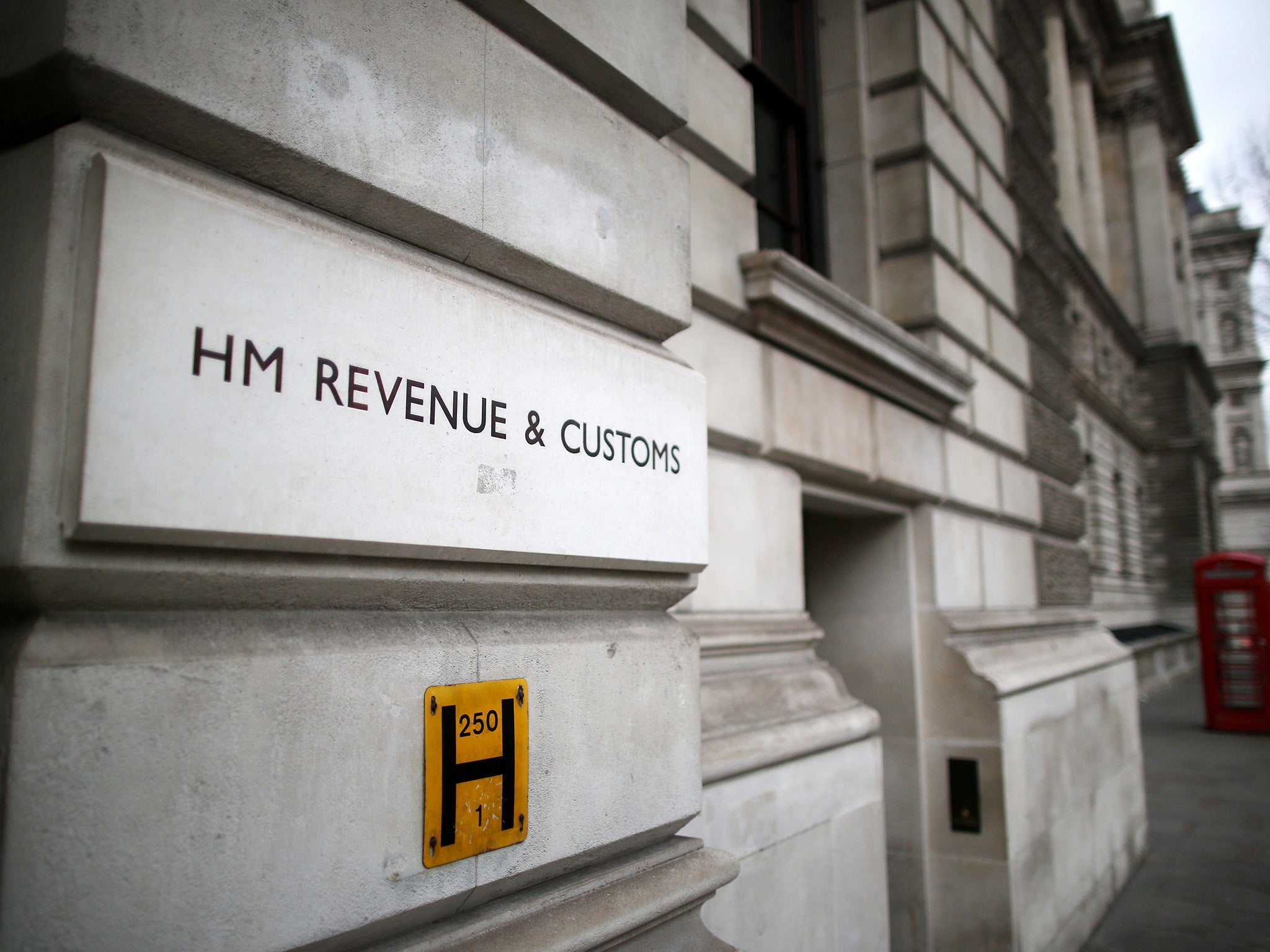UK tax gap widens to £35bn with HMRC plagued by ‘ghosts’, ‘moonlighters’ and self-assessment fails
Should you be afraid?

The amount of money heading to the UK’s national coffers from taxes is coming up short. By a whopping £35bn.
According to figures released by the revenue this week, the so-called tax gap – the difference between what should be paid to HMRC in taxes and what’s actually being received – is continuing to rise.
But you’d be wrong to assume that’s because a global tech giant is applying some accounting alchemy or a ruthlessly clever criminal network is somehow siphoning off great wads of cash.
Some of the biggest increases in this year’s gap are down to individuals. And we’re not just talking about highly paid celebrities either.
At £12.9bn, the biggest type of shortfall comes from income tax, national insurance contributions and capital gains tax.
And while big businesses have underpaid by £7.7bn, up from £7.2bn last year, income from small businesses, which make up the majority of the British economy, is short by £14bn, up from £12.3bn last year.
The VAT tax gap is now £12.5bn, up 13 per cent in a year. That means almost 10p in every pound is missing from this type of revenue alone.
At the same time, the self-assessment tax gap is now 17 per cent of expected revenue. Up by 10 per cent in the last year, people completing a self-assessment tax return are underpaying their dues by £7.4bn a year.
That doesn’t include the so-called hidden economy. “Ghosts” who don’t declare any of their income to HMRC and “moonlighters” who only own up to some of it now cost the economy £1.9bn a year.
In fact, HMRC collected more than 94 per cent of all the taxes due for the 2017-18 year. But with a recent emphasis on tightening up and resources being thrown at making sure the right taxes are paid by the right people, the £2bn increase in the amount of tax being lost every year has got to grate.
“HMRC and the Treasury are going to be disappointed with this performance,” says Jason Collins, head of tax for law firm Pinsent Masons.
“HMRC is now a very driven organisation so the idea that there is £35bn in underpaid tax and over £10bn in underpaid tax through evasion and other criminal behaviour is going to be a trigger for much more investigatory activity.”
“The increase in the gap is surprising given the tools, powers and money HMRC has been given in recent times, and no doubt there will be a clamour for them to be given more.”
So should we all start worrying that an error on our tax returns will mean an imminent strong-armed knock on the door?
Probably not.
“We anticipate that VAT and corporation tax will be big targets as the tax gaps here have seen major increases in value,” adds Collins. “The yields from investigating bigger businesses will also help drive HMRC’s activity. The return on investment from opening an investigation into a large or midmarket company is much greater than opening an investigation to microbusiness.”
It’s clear from a closer look at the figures that one of the biggest problems isn’t dodgy dealers of every size trying to hoodwink HMRC. For most of us mere mortals, it’s the complexity of the system hampering those who just want to pay what they owe and not live in fear of an expensive and time-consuming audit.
“The fact that the most common reason for tax not being paid is simply down to people failing to take reasonable care likely illustrates a system in need of simplification,” says Rachael Griffin, tax and financial planning specialist at Quilter, who adds that the government is currently paying a premium of £6.4bn every year for its overly complex tax system.

“The achievement is also further eroded by the fact that the government posted the exact same tax gap of 5.6 per cent in 2011 showing that over a number of years HMRC are still unable to plug some of the holes contributing to this issue.
And while celebrity tax avoidance schemes are typically high up the press agenda, in reality they are one of the smallest contributors to the tax gap.
“These figures paint a picture of a public very happy to pay tax but are simply making avoidable errors due to the fact they can’t navigate what is a very complex system,” adds Griffin.
“New schemes such as Making Tax Digital should help to streamline the process and make sure that people pay the tax they owe and avoid unintended errors. Making sure all members of society pay tax is an essential part of our system.
“Fixing the nation’s taxation system is going to become increasingly important in the uncertain political landscape we now find ourselves in, and in harder fiscal times harsher penalties are sometimes applied,” she warns.
Join our commenting forum
Join thought-provoking conversations, follow other Independent readers and see their replies
Comments
Bookmark popover
Removed from bookmarks